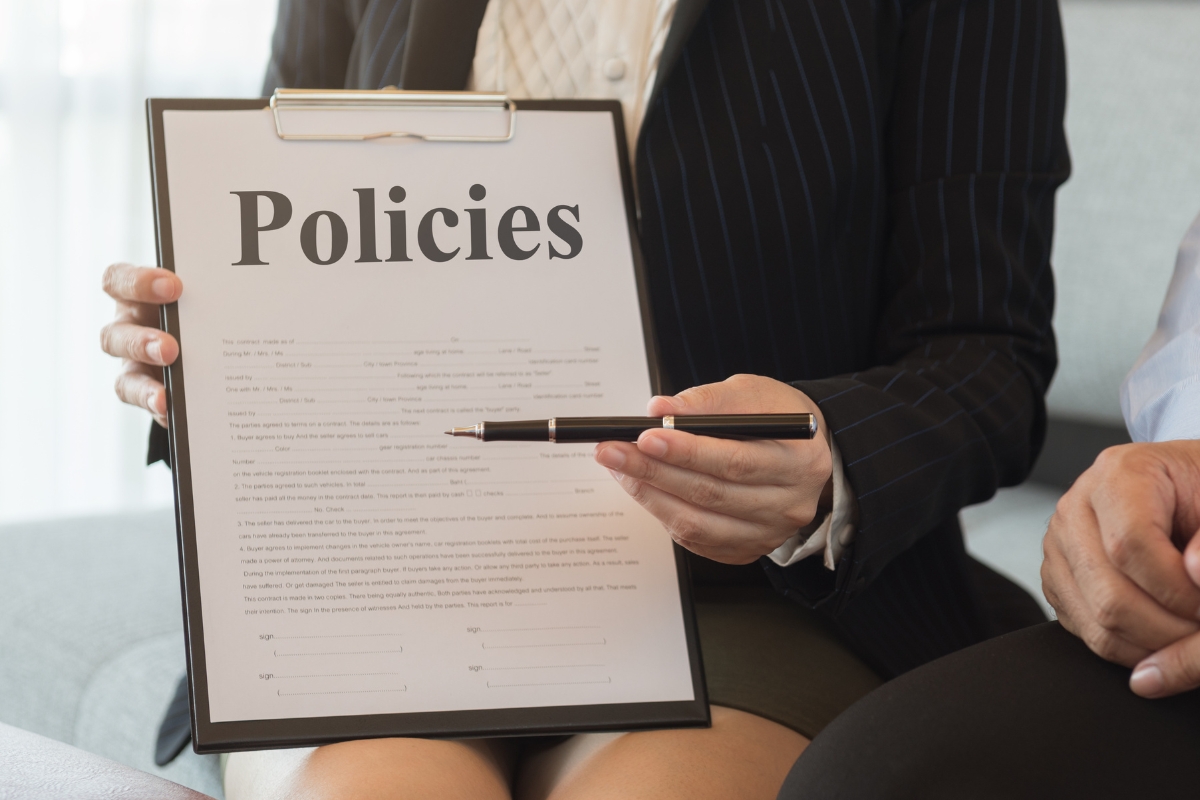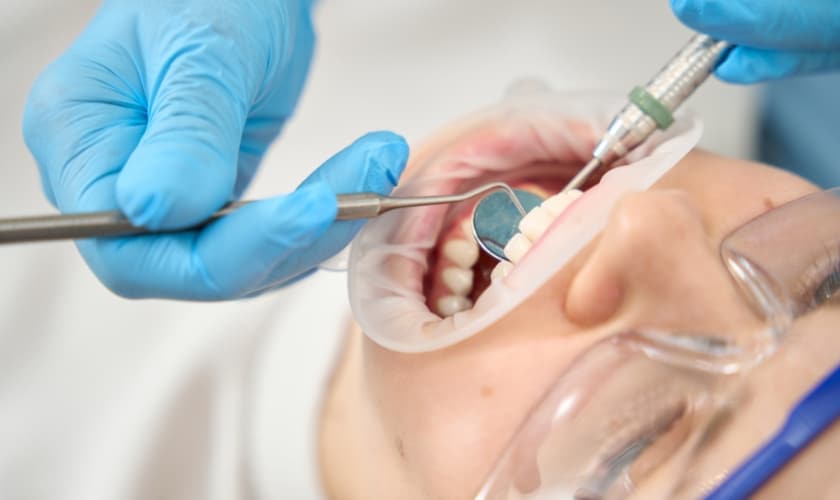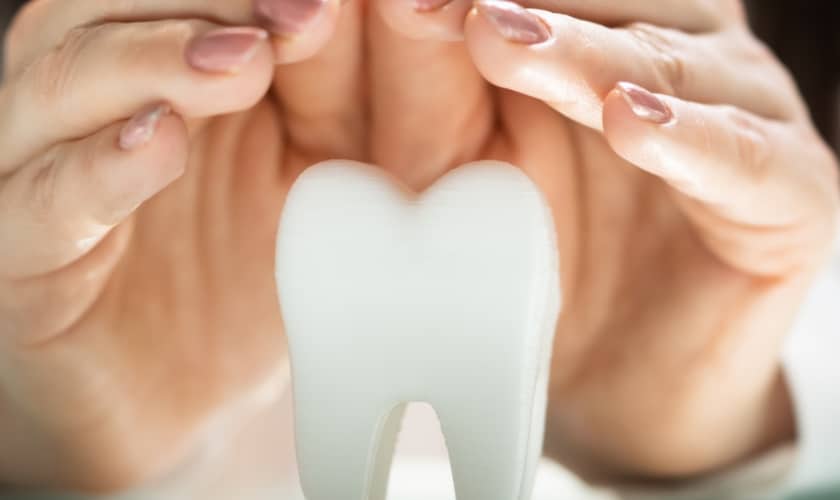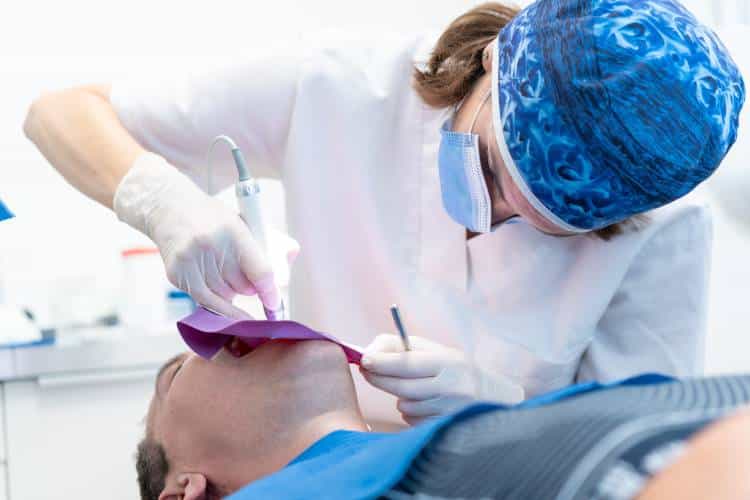Dental emergencies can strike unexpectedly, leaving you in pain and uncertain about the next steps. Whether it’s a sudden toothache, a broken tooth, or a knocked-out tooth, knowing how to respond promptly can make a significant difference in the outcome. Dental emergencies require immediate attention, and understanding the right actions to take can save your tooth, reduce pain, and prevent complications. In this guide, we’ll walk you through various types of dental emergencies and provide clear, practical advice on how to handle each situation.
Types of Dental Emergencies and Immediate Actions
- Toothache
- Symptoms: Persistent, throbbing pain; sensitivity to hot or cold; swelling around the tooth.
- Immediate Actions:
- Rinse your mouth with warm water.
- Use dental floss to remove any food particles stuck between teeth.
- Take over-the-counter pain medication like ibuprofen.
- Apply a cold compress to the outside of your cheek to reduce swelling.
- Chipped or Broken Tooth
- Symptoms: Sharp pain when biting, sensitivity, visible cracks or breaks in the tooth.
- Immediate Actions:
- Save any broken pieces.
- Rinse your mouth with warm water.
- Apply gauze to the affected area if there’s bleeding.
- Use a cold compress on the cheek to minimize swelling.
- Knocked-Out Tooth
- Symptoms: Entire tooth, including the root, is out of the socket; severe pain and bleeding.
- Immediate Actions:
- Handle the tooth by the crown, not the root.
- Rinse the tooth gently with water if dirty, but don’t scrub it.
- If possible, place the tooth back in the socket.
- If reinsertion isn’t possible, store the tooth in milk or a tooth preservation product.
- Seek emergency dental care immediately.
- Lost Filling or Crown
- Symptoms: Missing filling or crown, sensitivity, discomfort when chewing.
- Immediate Actions:
- Keep the crown if it has fallen out.
- Apply a small amount of clove oil to the affected tooth to reduce pain.
- Use dental cement or a temporary dental adhesive to reattach the crown if possible.
- Avoid chewing on the affected side.
- Abscess
- Symptoms: Severe toothache, fever, swelling in the gums, a pimple-like bump on the gums.
- Immediate Actions:
- Rinse your mouth with a mild saltwater solution.
- Take over-the-counter pain relievers.
- Apply a cold compress to the outside of the cheek.
- Seek immediate dental attention as abscesses can lead to serious infections.
- Soft Tissue Injuries (Gums, Lips, Cheeks, Tongue)
- Symptoms: Cuts or tears, bleeding, swelling.
- Immediate Actions:
- Rinse your mouth with a mild saltwater solution.
- Apply pressure with gauze or a clean cloth to stop bleeding.
- Use a cold compress to reduce swelling.
- If bleeding persists for more than 15 minutes, seek emergency medical attention.
Long-Term Preventive Measures
Prevention is always better than cure, and there are several steps you can take to minimize the risk of dental emergencies:
- Regular Dental Check-Ups
- Regular visits to your dentist can help catch potential issues before they become emergencies.
- Professional cleanings can prevent cavities and gum disease.
- Good Oral Hygiene Practices
- Brush twice a day with fluoride toothpaste.
- Floss daily to remove plaque and food particles between teeth.
- Use an antiseptic mouthwash to reduce bacteria.
- Protective Gear
- Wear a mouthguard during sports activities to prevent injuries.
- Consider a nightguard if you grind your teeth at night.
- Avoid Risky Behaviors
- Don’t use your teeth as tools (e.g., opening bottles, tearing packages).
- Avoid chewing on hard objects like ice, popcorn kernels, and pens.
When to Seek Professional Help
Understanding when to seek professional help is crucial in managing dental emergencies effectively. Here are some indicators that you need immediate dental care:
- Severe Pain: If the pain is unbearable and not relieved by over-the-counter medications, see a dentist.
- Persistent Bleeding: If bleeding doesn’t stop after 15 minutes of pressure, seek help.
- Signs of Infection: Fever, swelling, and pus are signs of an infection that requires prompt treatment.
- Tooth Damage: Any noticeable damage to a tooth should be evaluated by a dentist as soon as possible.
Dental emergencies can be distressing, but knowing how to respond effectively can make a significant difference. Whether it’s a toothache, a knocked-out tooth, or an abscess, prompt action and professional care are crucial. By understanding the immediate steps to take and adopting preventive measures, you can protect your oral health and reduce the risk of future emergencies. Remember, when in doubt, always seek professional dental advice to ensure the best outcome for your teeth and overall health.





